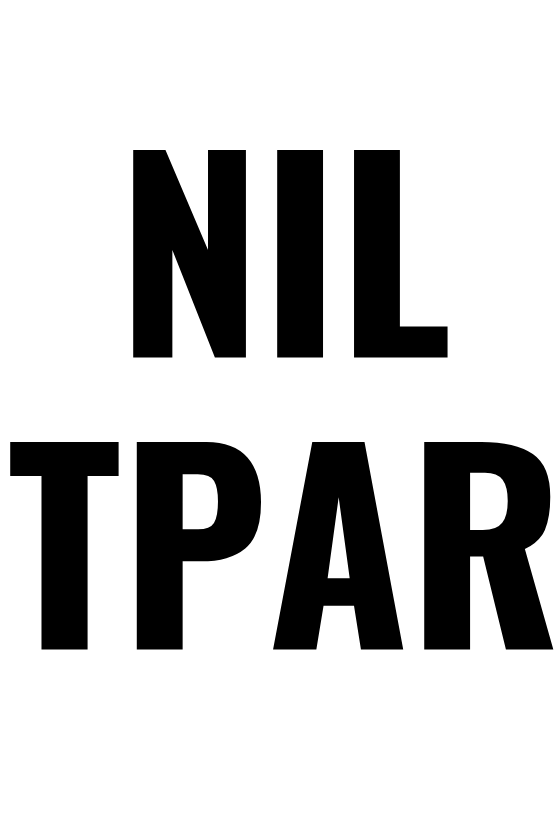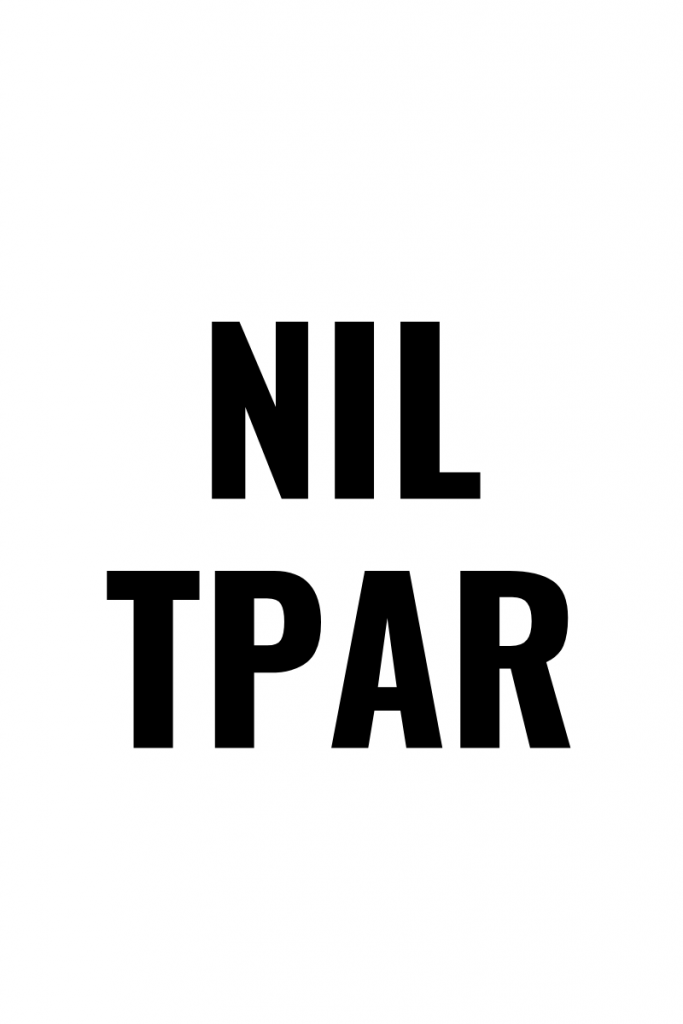How to lodge a TPAR non-lodgement advice form (NIL TPAR)

If you normally lodge a Taxable Payments Annual Report (TPAR) but have decided that this year, you don’t have anything to report, you can lodge a “Non-lodgement Advice” form (NIL TPAR) with the ATO. You can do this online via ATO Online Services.
If you are a sole trader or individual taxpayer you can access Online Services through your myGov account. If you are another structure, such as a company, you can access Online Services via Online Services for Business.
Submitting a TPAR non-lodgement advice form,
- allows you to notify multiple years on the same form
- allows you to advise when you do not need to lodge in the future
- allows you to give a reason for not lodging
- validates information entered
- provides a reference number for confirmation
- appears in the lodgment history tab.
If you are not sure if you need to lodge a TPAR or not, go to this ATO webpage which will help you work this out.
How to lodge a TPAR non-lodgement advice form (NIL TPAR) Read More »










